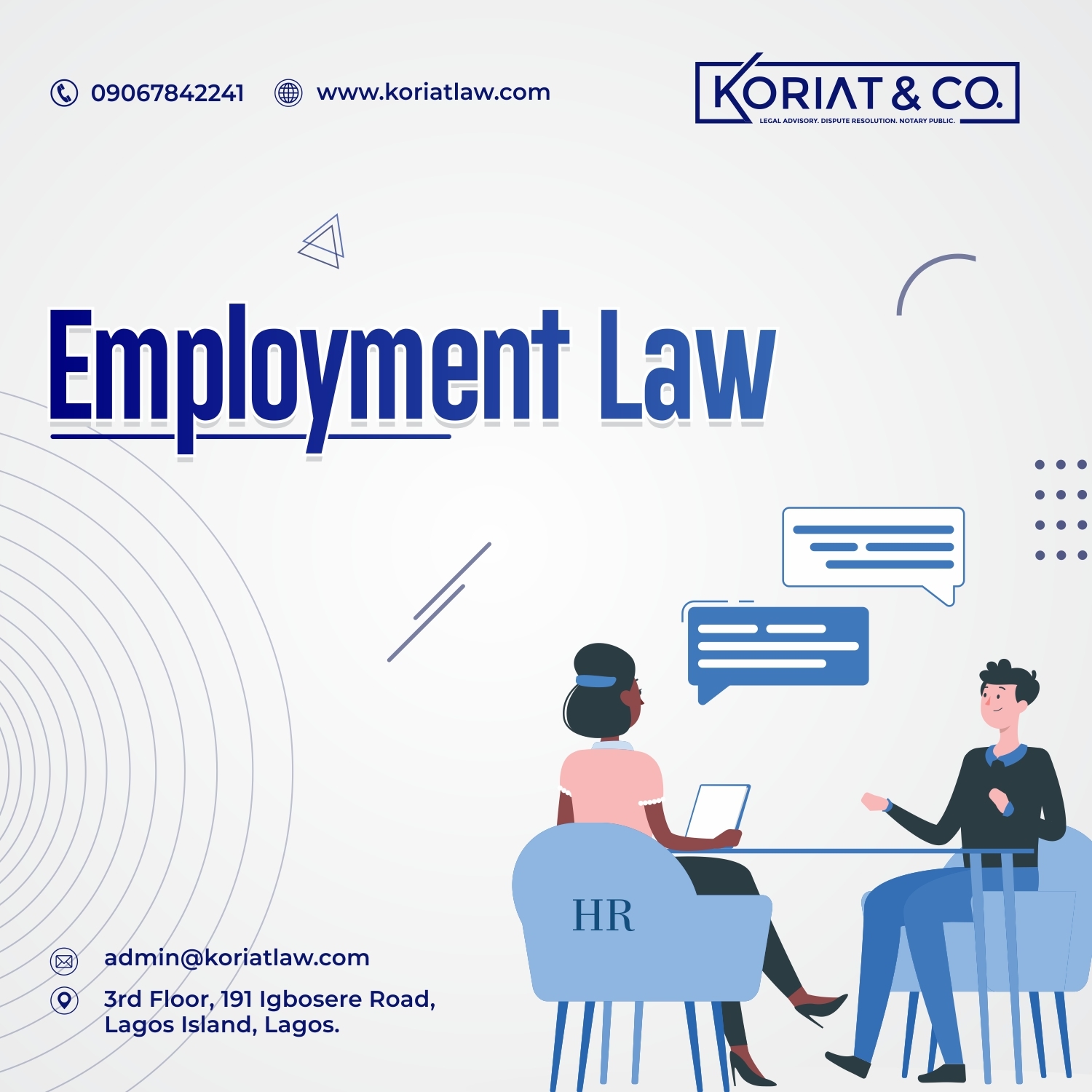The regulatory process of employing a foreigner to work in Nigeria begins with the Expatriat Quota. Every company in Nigeria seeking to employ a foreigner into the country is required to obtain an Expatriate Quota from the Nigerian Immigration Service (“NIS”). Expatriate quota is the number of expatriates the NIS allots to every company seeking to engage expatriates in its business in Nigeria. The number is not fixed and usually granted at the discretion of the NIS based on the assessment of the need of such number of expatriates in the applicant company’s business in Nigeria. The quota is allotted to a company and not to individuals or directors. A company cannot exceed its quota unless an approval for increased quota has been sought and given by the NIS.
STR Visa and CERPAC:
The next step is to apply for an STR visa (i.e. Subject to Regularization) to be issued to the expatriate by a Nigerian Embassy in the expatriate’s country for his or her travel to Nigeria (valid for 90 days). Upon the expatriate’s arrival in Nigeria, an application for Combined Expatriate Residence Permit and Alien Card (CERPAC) will be submitted to the NIS with the STR visa and the other pack of documents given to the expatriate by the Nigeria Embassy in the foreign country. Please note that CERPAC is valid for one (1) year and renewable yearly for one (1) year on each renewal.
How to Apply:
Applications are usually submitted to the Office of the Comptroller General, Nigeria Immigration Service Headquarters, Airport Road, Abuja or to the Office of the Comptroller of Immigration Service at the State Commands where the expatriate is resident.
Eligibility for Expatriate Residence Permit:
The following persons are eligible for residence permit to enter, live and work in Nigeria subject to fulfilling relevant immigration conditions and obtaining necessary regulatory approvals:
- Expatriate employees of Companies and their dependants.
- Expatriate Technical officials of Missions.
- Foreign Students.
- Missionaries or Clerics and their dependants.
- Research Fellows.
- Expatriate Staff of Non Governmental Organisations (NGOs) and their dependants.
- Expatriate Staff of International Non Governmental Organisations (INGOs) and their dependants.
- Government Officials (GOs) and their dependants.
- Expatriates employed by companies operating in Free Trade Zones (FTZ) and their dependants.
Requirements:
- Letter of Application for Regularization of Stay and acceptance of Immigration Responsibilities by, as the case may be, the employer / School / Embassies / High Commission / International Organizations / INGOs / NGOs / MDAs (for Government officials).
- Passport bio-data page of the expatriate.
- Copy of the STR visa page and arrival endorsement page.
- Form IMM 22 (Visa Application Form).
- 2 recent passport photographs.
- Expatriate’s valid National Passport.
- Evidence of purchase of CERPAC Form (Bank teller).
It is useful to note that in addition to the general requirements above, the following specific requirements are applicable to each category of applicants:
a. Expatriate employees of Companies and their dependants
- Letter of offer of employment issued by the company stating commencement date, job designation (showing technical or managerial expertise), salaries, etc.
- Letter of acceptance of employment by the employed foreigner.
- Vetted academic credentials or qualifications of the employed foreigner.
- Curriculum Vitae of the employed foreigner.
- Copy of valid Expatriate Quota Approval (issued or renewed)
- Certificate of Incorporation of the company.
- Marriage Certificate of the employed foreigner (where applicable, i.e. where he or she is coming to Nigeria with spouse or family).
- Board of Directors Resolution (for appointment of CEOs and Managing Directors).
- Evidence of registration with relevant Professional Bodies (where applicable)
- Business Permit of the company.
b. Expatriate Technical Officials of Missions
- Letter of offer of employment
- Letter of acceptance of employment
c. Foreign Students
- Admission letter;
- Letter of acceptance of admission; and
- Evidence of payment of school fees.
d. Missionaries / Clerics and their dependants
- Letter of offer of employment
- Letter of acceptance of employment
e. Research Fellows
- Letter of offer of Research Fellowship
- Letter of acceptance of Research Fellowship
f. Expatriates employed by companies operating in Free Trade Zones (FTZ) and their dependants
- Letter from the FTZ management;
- Certificate of registration with the Nigerian Export Processing Zone Authority (NEPZA) or Oil & Gas Free Trade Zone Authority;
- Operating License;
- Letter of employment;
- Letter of acceptance of employment;
- Certificate of Incorporation;
- Marriage Certificate (where applicable);
- Board of Directors Resolution (for appointment of CEOs and Managing Directors); and
- Evidence of registration with relevant Professional Bodies (where applicable).
Timeline
The timeline for the process of approval should not exceed five (5) working days from the date of receipt of application, all things being equal.
The above article is not intended as legal advice. Readers are advised to seek the service of a legal practitioner regarding their specific matters. For further enquiries on the above subject, please contact admin@koriatlaw.com.




